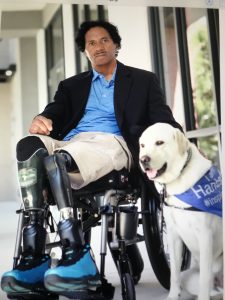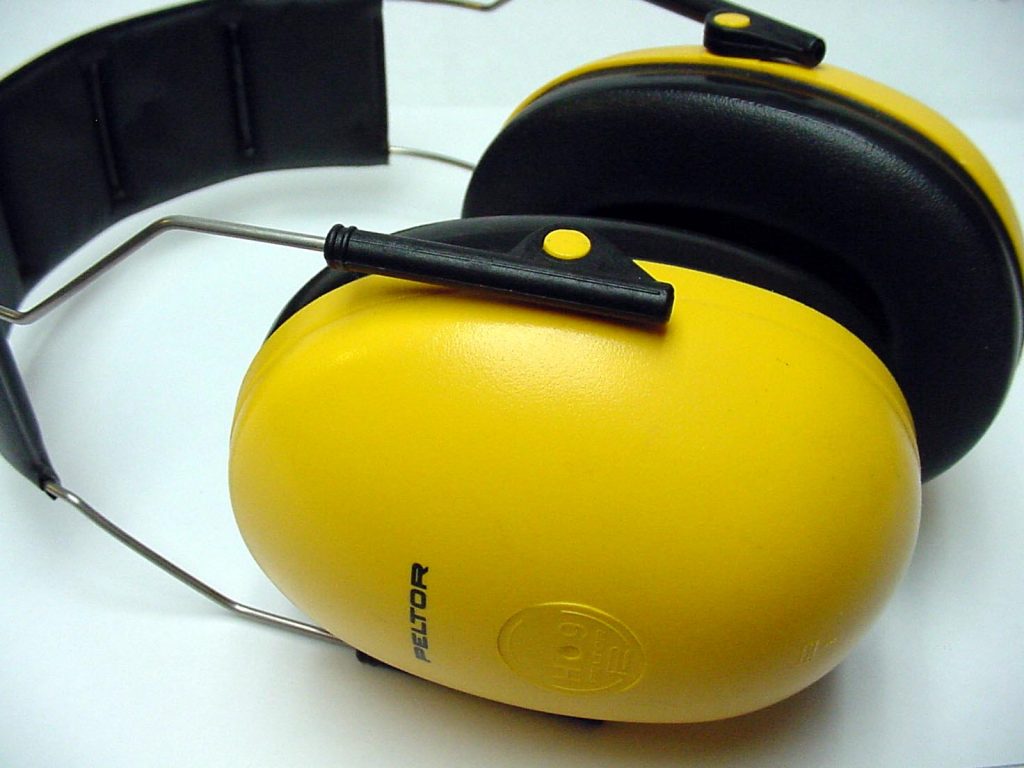By Deborah Caputo — Attorneys Jo Ann Hoffman & Associates, P.A.
You sustained injuries while working with a Defense Base Act contractor. As a result, you filed a Defense Base Act claim for benefits for your injuries. The abbreviation that will be referenced throughout this article which is “DBA” for Defense Base Act.
Your case progresses, litigation proceeds, accompanied by the scheduling of several events. Among these, one particular event, that is arranged by the attorney representing the Employer and their Insurance Carrier, is the Vocational Evaluation. This article dives into the details of vocational evaluations and mastering your approach with confidence.
What is a Vocational Evaluation?
Glad you asked.
An injury while working for a DBA contractor not only raises medical and disability concerns (which warrant separate blog discussions) but also impacts one’s ability to earn wages. The question a vocational evaluator in its simplest form is to address whether the injured person can earn the same wages they did at the time of their injury or in another employment.
During a vocational evaluation, you, your attorney, and the vocational evaluator meet. Think of your attorney as your filter, ensuring only relevant questions are asked. The evaluator, hired by the Employer and Insurance Carrier, seeks information. The evaluation aims to establish the wage someone with your injuries would earn in the open job market under normal circumstances, and after the evaluation, the evaluator will provide a document titled, the “Labor Market Survey”.
The Labor Market Survey is essentially a list of potential jobs with each respective job detailing its responsibilities and average salary. The Labor Market Survey will be sent to all parties in the case post-evaluation.
So, this Labor Market Survey is just based on my evaluation, is that it?  Continue reading →
Continue reading →
 Florida Injury Attorneys Blog
Florida Injury Attorneys Blog






 an ALJ is not bound to believe or disbelieve the entirety of a witness’s testimony but may choose to believe only certain portions of the testimony.
an ALJ is not bound to believe or disbelieve the entirety of a witness’s testimony but may choose to believe only certain portions of the testimony. 


 “1. If the person entitled to compensation (or the person’s representative) enters into a settlement with a third person referred to in subsection (a) for an amount less than the compensation to which the person (or the person’s representative) would be entitled under this chapter, the employer shall be liable for compensation as determined under subsection (f) only if written approval of the settlement is obtained from the employer and the employer’s carrier, before the settlement is executed, and by the person entitled to compensation (or the person’s representative). The approval shall be made on a form provided by the Secretary and shall be filed in the office of the deputy commissioner within thirty days after the settlement is entered into.
“1. If the person entitled to compensation (or the person’s representative) enters into a settlement with a third person referred to in subsection (a) for an amount less than the compensation to which the person (or the person’s representative) would be entitled under this chapter, the employer shall be liable for compensation as determined under subsection (f) only if written approval of the settlement is obtained from the employer and the employer’s carrier, before the settlement is executed, and by the person entitled to compensation (or the person’s representative). The approval shall be made on a form provided by the Secretary and shall be filed in the office of the deputy commissioner within thirty days after the settlement is entered into.
 Hearing loss under the Longshore and Harbor Workers’ Compensation Act, as extended by the Defense Base Act, is compensated under Section 8(c)(13) as a scheduled injury, resulting in a scheduled award. It is a traumatic injury in that the harm occurs immediately upon exposure.
Hearing loss under the Longshore and Harbor Workers’ Compensation Act, as extended by the Defense Base Act, is compensated under Section 8(c)(13) as a scheduled injury, resulting in a scheduled award. It is a traumatic injury in that the harm occurs immediately upon exposure.